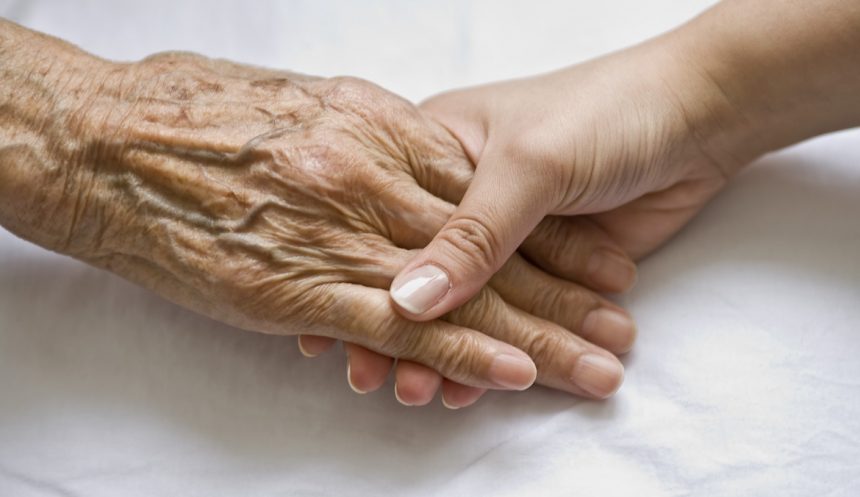The elusive nature of time can be difficult to come to terms with, let alone fully comprehend. Intangible and inevitable, the concept of time is perfectly captured by sand trapped in hourglasses. Just like the poignant rendition of “Slipping Through My Fingers” in Mamma Mia!, each passing second slips through our fingers, despite our best efforts to hold onto life’s most precious moments. For some people, the inevitable passage of time is so daunting that it elicits a tremendous fear of time itself—such is the case for people diagnosed with chronophobia.
What is chronophobia? Chronophobia is a persistent fear of the passage of time. Like somniphobia, cherophobia, and scopophobia, chronophobia is classified as a specific phobia, revolving around a distinct fear, according to Gail Saltz, MD, clinical associate professor of psychiatry at NewYork-Presbyterian/Weill Cornell Medical Center.
What are the symptoms of chronophobia? While the triggers and causes of chronophobia will vary from person to person, there are some common psychological and physical symptoms that people diagnosed with it share. These symptoms may include obsessive thoughts about how quickly or slowly time moves, extreme anxiety about the passage of time, avoidance of events like birthdays or anniversaries, increased heart rate, sweating, trembling, nausea, and stomach discomfort.
An example of chronophobia could be a parent who’s afraid of how little time they have left with their children before they graduate from high school and leave home. People with chronophobia may feel sad around their birthday or New Year’s due to the reminder of time passing. Chronophobia, gerascophobia, and thanatophobia are all specific phobias that revolve around time, each with unique triggers.
What causes chronophobia? Chronophobia can be caused by factors such as observational learning, past trauma, and information transmission. It may stem from a traumatic event experienced in childhood or genetic predisposition. Women are more likely to develop phobias than men.
Can chronophobia cause insomnia? Chronophobia may cause insomnia due to anxiety. While the official diagnosis of specific phobias does not include sleep disturbances, research shows that sleep disturbances are reported to affect roughly 50 percent of people who struggle with anxiety.
How do I manage chronophobia? Chronophobia can be managed and treated through cognitive behavioral therapy (CBT) and, in some cases, with the assistance of medication. Specific serotonin reuptake inhibitors (SSRIs) or serotonin norepinephrine reuptake inhibitors (SNRIs) can be used to lessen the severity of anxiety in the patient, making it easier for them to go through exposure therapy.






